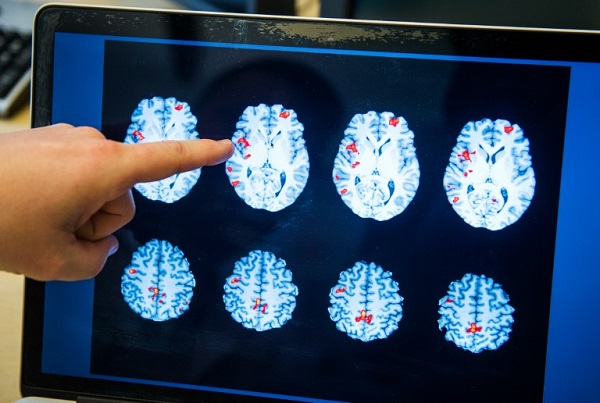
Kampala, Uganda | AGENCIES | A team of researchers from Ecole Polytechnique Fédérale de Lausanne in Switzerland that was trying to figure out why we do not hear our heart beat, has made a surprising discovery; that our heart affects what we see.
They explain that humans have spectacularly complex internal systems, including some pretty impressive plumbing and plenty of moving parts. If we were to hear them at work all the time, we would become distracted by all the internal commotion, and run the risk of missing more important activity going on around us –which could have disastrous consequences. So the conclude, the brain filters it out the heart beat as inconsequential noise.
As lead researcher Roy Salomon explains, “You don’t want your internal sensations to interfere with your external ones. It’s in your interest to be aware of what’s outside you.” Fortunately, “the brain itself decides which information to bring to awareness,” automatically ignoring unimportant stimuli originating within the body – known as interoceptive signals – and prioritizing exteroceptive signals coming from the external environment.
Previous studies have also shown that a brain region known as the insular cortex coordinates and integrates these two types of stimuli.
Publishing their findings in the Journal of Neuroscience, the study authors describe how they used functional magnetic resonance imaging (fMRI) to monitor the activity of volunteers’ brains when viewing flashing images on a screen.
Amazingly, they found that when these images flash exactly in sync with one’s heartbeat, activity drops dramatically in the insular cortex, as the brain attempts to filter out this visual stimulus. When this occurs, one may become less aware of the images, in some cases failing to see them at all.
The researchers conclude that the brain somehow mixes up this visual stimulus with the heartbeat, and therefore automatically suppresses its awareness of it by reducing the activity of the insular cortex when processing the image.
Summing up these remarkable findings, Salomon explained that it came as no shock to discover that the insular cortex plays a role in forcing our brains to ignore our heartbeats, but that “what’s surprising is that our heart also affects what we see!”
 The Independent Uganda: You get the Truth we Pay the Price
The Independent Uganda: You get the Truth we Pay the Price





